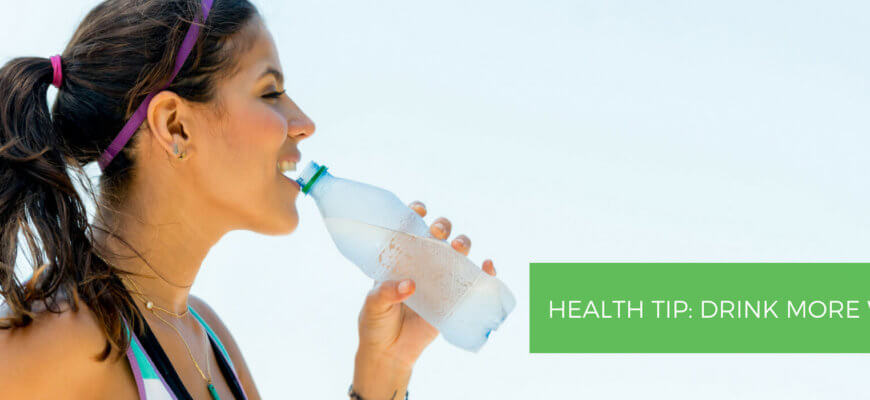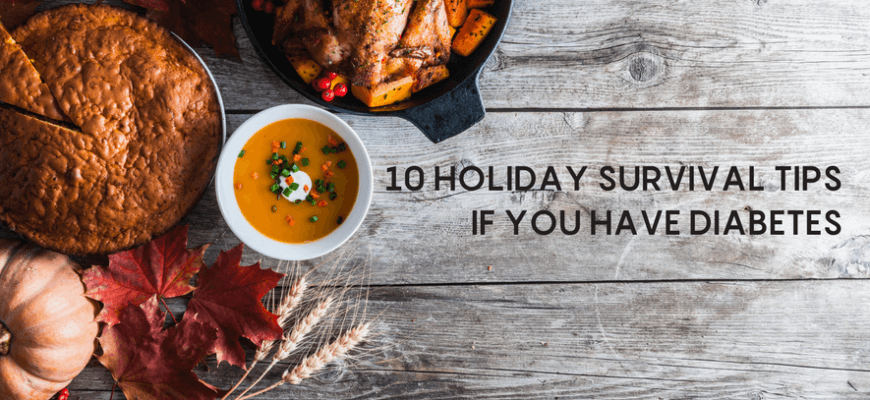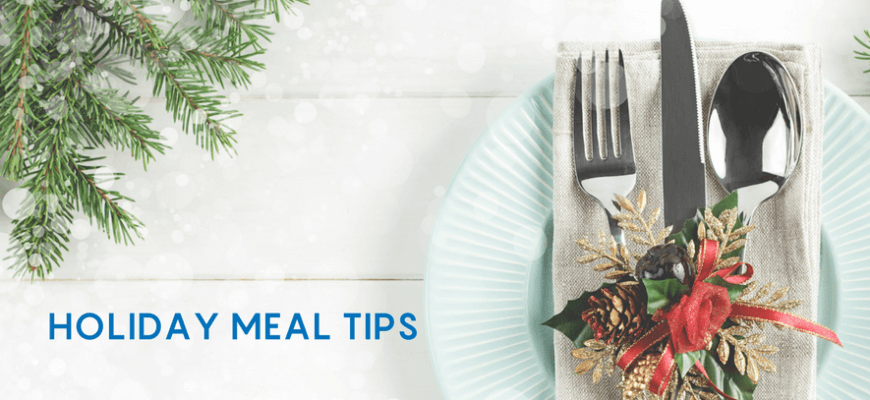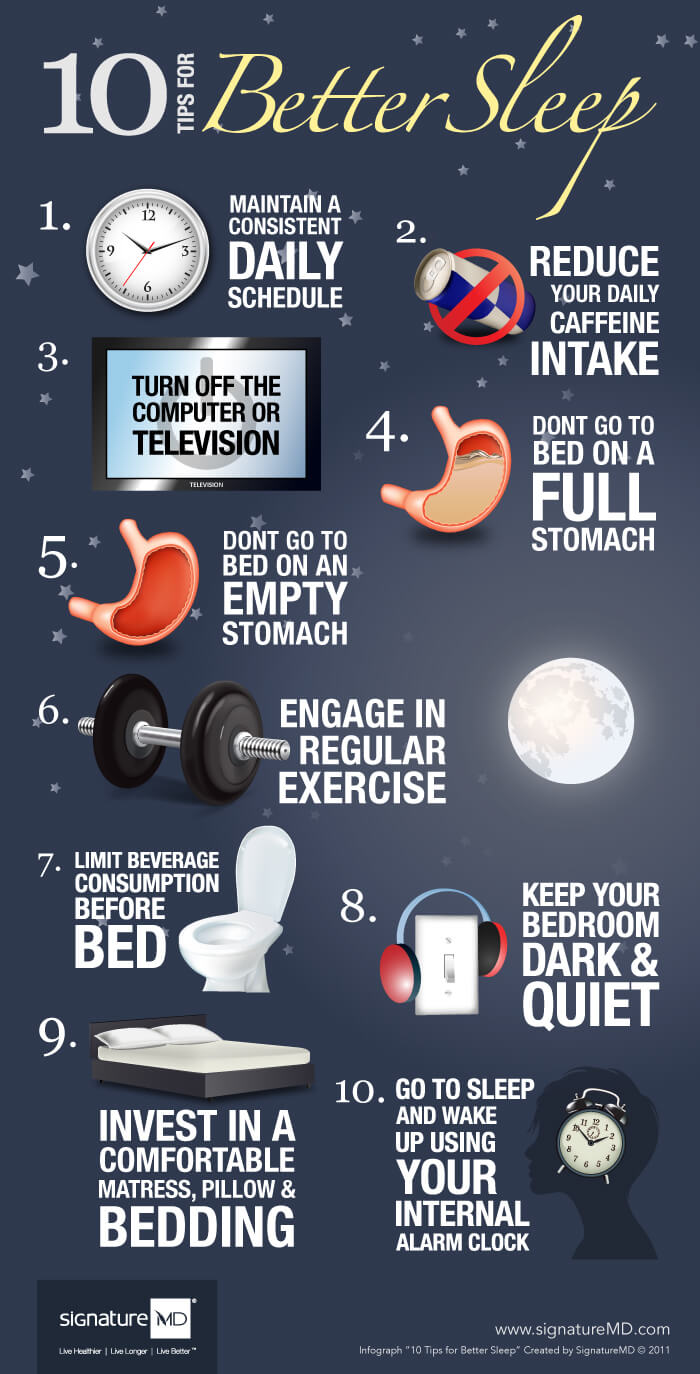Health Tip: Get Enough Quality Sleep!

The importance of getting enough quality sleep cannot be overstated. It may be just as important as diet and exercise, if not more. Poor sleep can drive insulin resistance, throw your appetite hormones out of whack and reduce your physical and mental performance. In addition to all of this, it is one of the strongest individual risk factors for future weight gain and obesity. One study showed that short sleep was linked to 89% increased risk of obesity in children, and 55% in adults.
Do you have trouble sleeping at night? Here’s a tip: Avoid Bright Lights Before Bed! When we’re exposed to bright lights in the evening, this disrupts production of the hormone melatonin. An interesting “hack” is to use a pair of amber-tinted glasses that block blue light from entering your eyes in the evening. This allows melatonin to be produced as if it were completely dark, helping you sleep better.
West Bay Pharmacy
Taking Care of Your Health!
Health Tip: Drink More Water!

Drinking enough water can have numerous benefits. One important factor is that it can help boost the number of calories you burn. According to 2 studies, it can boost metabolism by 24-30% over a period of 1-1.5 hours. This can amount to 96 additional calories burned if you drink 2 litres (67 oz) of water per day. The best time to drink water is half an hour before meals. One study showed that half a litre of water, 30 minutes before each meal, increased weight loss by 44%.
Avoid that sugary drink – sugary drinks are the most fattening things you can put into your body. This is because liquid sugar calories don’t get registered by the brain in the same way as calories from solid foods. For this reason, when you drink soda, you end up eating more total calories. Sugary drinks are strongly associated with obesity, type 2 diabetes, heart disease and all sorts of health problems.
Keep in mind that fruit juices are almost as bad as soda in this regard. They contain just as much sugar, and the small amounts of antioxidants do NOT negate the harmful effects of the sugar. Simply put…just drink more water!
West Bay Pharmacy
Taking Care of Your Health!
3 Ways to Make Sure You Exercise During the Holidays

The holiday season can be a really tough time to stay on top of your exercise routine. It’s cold out, and there are fun places to go and friends to see. Plus, managing your already-busy schedule can get tricky as you try to fit in holiday shopping, parties and family visits.
But considering the amount of rich and sugary food that are so common around this time of year — cookies, candies, eggnog, you name it — it’s especially important to keep moving. Here are some things I recommend this time of year to keep you going, even when all you want to do is curl up with more hot chocolate:
- Look for every opportunity to squeeze exercise in
You may feel like you don’t have time to manage your normal workout routine in between travel, shopping, family visits and friends’ parties. But you don’t necessarily need to carve out a full 30 minutes every day. Instead, take any spare moment as a chance to squeeze in a few crunches or planks. Take an extra lap around the mall on your next shopping trip, or walk home from a party with your friends instead of taking a cab. Even if you can only get a 10 minute brisk walk in twice a day, that’s better than nothing! - Fire yourself up
This is something that I do to get me excited and motivated for the day ahead. It’s really simple — I make a checklist in the morning of the 10 things I want to accomplish that day. It’s amazing how gratifying it is to check tasks off that list as you get things done. Make your workout part of that list and don’t let yourself end the day without marking off that box. - Follow through
Recruit others to help you stay accountable. Talk with a friend or your partner about your holiday fitness goals, and have them help you stay on track. Maybe you’ll get a workout buddy in the process, or just someone to text you reminders and motivation. Knowing that there’s someone else out there keeping tabs on your progress may spur you to keep up!
10 Holiday Survival Tips If You Have Diabetes

Some of my patients with diabetes ask me what’s the big deal if their blood sugar levels go up a little or they gain a few pounds over the holidays. They say they can always lose the weight afterward and get their sugar levels under control.
To an extent, that could be true. If you’re in good overall health, doing well with your diabetes control and manufacturing reasonable amounts of insulin, a day or two of indulging a bit more than usual in holiday food shouldn’t be a problem.
How long that overindulgence goes on, and how many times, though, are important factors. The holidays can easily extend well past New Year’s. If you slip into bad eating habits, you can do long-term damage, raise your blood sugars and gain weight.
You can keep your weight and blood sugar levels under control during the holidays using these tips.
- Maintain your schedule
If you overeat, trying to catch up by skipping a meal afterward may cause you to overeat when you have your next meal or if a snack is available. Even on your holiday and days away from work, try to get up, eat, exercise and take your diabetes and any other medications about the same time as you usually do. - Check your blood sugar frequently
If you are taking insulin or medications that lower your blood sugar, check your blood sugar more frequently during the holidays, especially before driving a car or adjusting your insulin doses. Make allowances for the changes in your work and exercise schedules as well as your eating opportunities. - Budget your sweets and treats
To keep your blood sugars from skyrocketing, include sweets and treats as part of your carbohydrate budget — not in addition to it. Choose the meat and side vegetables and salad at dinner. Your carbohydrate for dinner could be Aunt Emily’s nut roll that she only makes during the holidays. - Watch your alcohol intake
Moderate alcohol intake can have a blood sugar-lowering effect, so don’t drink on an empty stomach. The amounts of calories and sugars vary significantly among drinks so it can be useful to search nutrition information about your favorite drinks. Recommendations for alcohol for those with diabetes are no more than one drink per day for women and no more than two per day for men. (One drink equals 4 ounces of wine, 12 ounces of beer, 1 ounce of distilled spirits. - Download mobile tools
You can download mobile apps to your phone, including apps that help you count carbohydrates of certain dishes, and let you know how much insulin you need to take (if you use it before meals). - Order smart in restaurants
You’d be pleasantly surprised how many restaurants offer healthy options not mentioned on the menu. Ask for options with less saturated fat, fried food and sugars. Substitute olive oil with fresh pepper for butter. You can also substitute sides. Ask for a baked or boiled potato (skin on) or fresh, steamed or stir-fried veggies instead of mashed potatoes. - Cook light, healthy dishes to take with you to parties.
If you’re going to a holiday dinner, ask if you can bring a dish — one lower in calories and fat — such as a vegetable tray or vegetable-based appetizer. There are many delicious, diabetes-friendly recipes, like low-sugar pumpkin mousse parfait, that you can bring to holiday parties. You can find low-sugar recipes from the American Diabetes Association. - Be ‘party smart’
At the party, enjoy some of the vegetable-based appetizers first, then the meat or cheese appetizers. Place your appetizers on your napkin instead of a plate and you’ll be less likely to overfill it. Another tip: don’t stand near the buffet table or food when talking at a party. It’s also important to stay hydrated. Drink water or club soda with a lime or lemon twist. Keep a calorie-free drink in your hand to keep your hands busy. - Stay active
If you can’t stick to your usual exercise program during this busy time, do some fun activity with family or friends. If 40 minutes a day at one time isn’t possible, break your exercise up into 10- to 15-minute segments, two or three times a day. - Remember the reason for the season
Put the focus on family and friends and not on food. Enjoy what you do eat. Savor each bite! Most important, remember to include time for exercise, meals and relaxation. The holidays will only be great if you’re in good health to enjoy them.
How to keep your heart healthy (and your waistline trim) at holiday meals

Follow these simple tips to keep your heart healthy during the holiday season.
Bring out the fruits and vegetables
Focus on pumpkin, carrots, sweet potatoes or other orange vitamin-packed vegetables. Greens such as broccoli, spinach and collard greens all pack vitamin power too. Serve colorful raw veggies with low-fat dip as an appetizer.
Make smart substitutions
Use fat-free, low-sodium chicken or vegetable broth to moisten dressing. Use olive oil in place of butter or margarine. Mash potatoes with nonfat sour cream and low-fat milk. Use fat-free non-dairy creamers or evaporated skim milk instead of cream when you bake.
Don’t starve yourself until your holiday dinner
Have a healthy breakfast so you don’t load up at the big meal. When you sit down to eat, try just a little bit of everything and go easy on second helpings and dessert.
The benefits of exercise
Take a walk after dinner, or exercise sometime during the day to offset meal calories. Several studies have shown that moderate exercise after a fatty meal helps prevent fat from affecting your arteries. Take a 45-minute walk two hours after a high-fat meal, or three 10-minute walks over a three-hour period. But always check with your doctor before you increase your activity level, especially if you have medical problems or have been inactive. So, enjoy your meal, but prepare it with less fat and walk it off afterwards. Your arteries and your waistline will thank you.
22 Diet Changes for a Stronger Heart After 40

When you put good in, you get good out, so start shopping with your heart in mind. By following this grocery guide, you’ll lower the number on the scale and decrease your heart disease risk.
If you love your heart, you’ll start shopping smart. Otherwise, you’re putting your body at risk of diabetes and high cholesterol by ignoring this organ—and it’s not as if your risk isn’t sky-high already. According to the Center for Disease Control and Prevention, 1 in every 4 deaths in the United States has heart disease to blame.
So don’t be a statistic; beat the odds and set yourself up for success with a disease-fighting diet. Heart health is made in the kitchen and in the gym, but we’re beginning with the basics. Here are the foods that don’t belong in your grocery cart, followed by those that definitely do. read more →
Diet and Physical Activity: What’s the Cancer Connection?

How much do daily habits like diet and exercise affect your risk for cancer? Much more than you might think. Research has shown that poor diet and not being active are 2 key factors that can increase a person’s cancer risk. The good news is that you do something about this. read more →
12 Ways to Stay Healthy this Holiday Season

The holidays are a great opportunity to enjoy time with family and friends, celebrate life, to be grateful, and reflect on what’s important. They are also a time to appreciate the gift of health. Here are some holiday tips to support your efforts for health and safety this season. read more →
What are the risk factors for stomach cancer?

A risk factor is anything that affects your chance of getting a disease such as cancer. Different cancers have different risk factors. Some risk factors, like smoking, can be changed. Others, like a person’s age or family history, can’t be changed.
But risk factors don’t tell us everything. Having a risk factor, or even several risk factors, does not mean that you will get the disease. And many people who get the disease may have few or no known risk factors.
Scientists have found several risk factors that make a person more likely to get stomach cancer. Some of these can be controlled, but others cannot. read more →



